Marine Life & Conservation Blogs
Sharks: A Lost Message
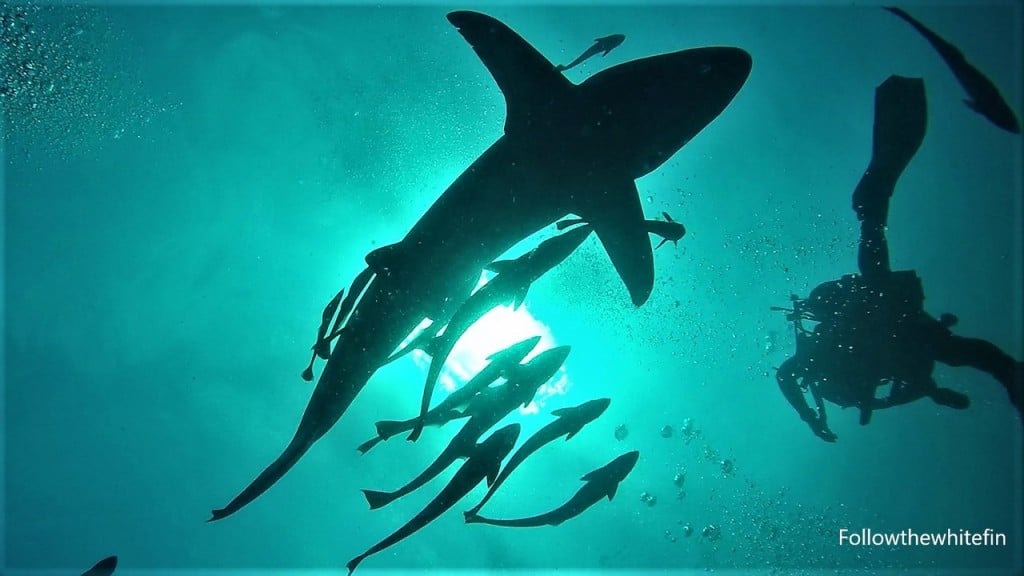
There are many motivating articles, scientific papers and blogs that prove how amazing and valuable sharks are. So why is this message still not getting across? And why are sharks still not valued and seen as a vital component to sustain our current environment by the general public?
The big question – Why is there is no urgency to save sharks?
I believe it comes down to what affects us personally. If sharks go extinct, why does this matter to non-divers and to ‘Bob’ who lives in Coventry and rarely visits the oceans? Well, apart from the depletion of sharks resulting in the loss of commercially important fish species (yes that includes that lovely fish and chips you had last night), numerous scientific findings have also shown that the loss of sharks would impact the survival of mankind! Dramatic sentence, yes, but to the point and true.
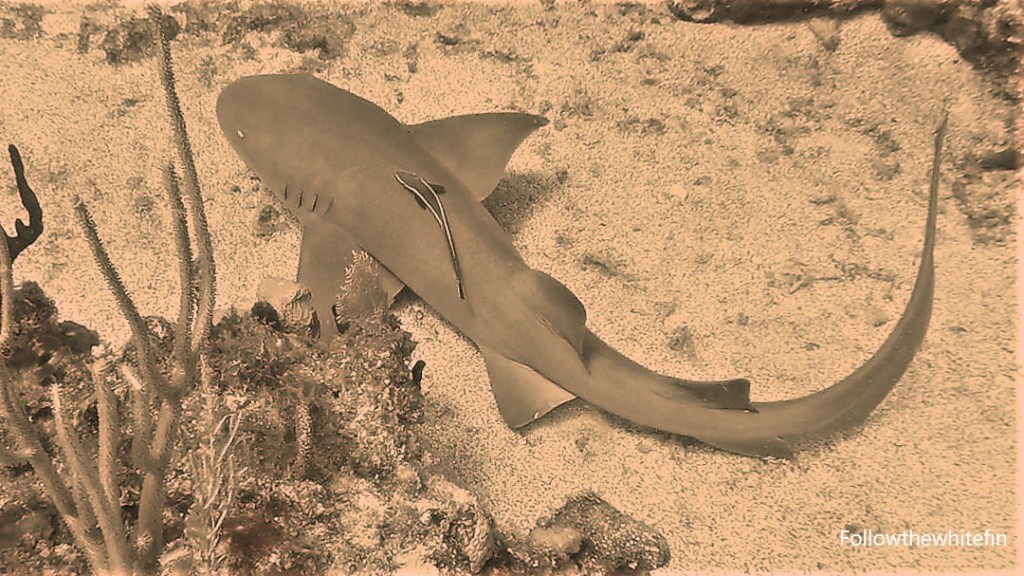
Lets look at the facts:
Sharks, as apex predators, play a very important role in our oceans. By keeping the species below them in the food chain in check and maintaining competition, sharks ensure that species diversity thrives. Sharks take the lead keeping our largest and most important ecosystem (the ocean) healthy. This ecosystem controls the planet’s temperature and weather, provides a third of our world with food, removes half of the atmosphere’s anthropogenic carbon dioxide, and produces more oxygen than all the rainforests combined. Pretty important! But why aren’t we being told this?*
I have been very lucky to work closely with shark experts Fernando Reis and Manuela Domingues from Shark Educational Institute (SEI) this week at Freestyle divers, UAE, to create a tailored shark workshop specific to the local species of Blacktip Reef Sharks. This workshop involves educating divers about sustainable diving practices around these amazing creatures, identifying behavioural habits and using different techniques to record valuable information for future Citizen-Science. But I believe the most important part of the workshop is to get this message across: why sharks matter.
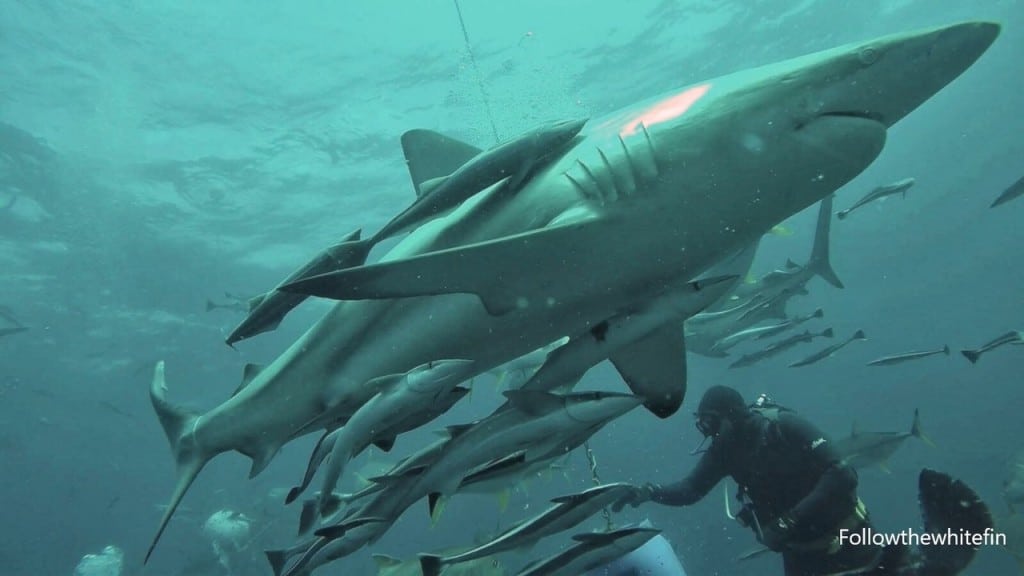
During the preparation for the workshop, most discussions focused on our diving experiences around the world with different species of shark (there are over 500 species by the way 😊), but taking a pause from these stories, we sat down to discuss why most of the world does not respect, admire or understand the importance of sharks as we as divers do. And to answer my question: why is there is no urgency to save sharks?
From his experience Fernando explained that there was a lack of communication in different areas. Firstly, between research sciences and the Environmentalist community, but also the communication to the rest of the world. The technical language sometimes used by scientists can isolate the public, which in turn leads to them closing off to the subject… thus the message is lost. To get people to care and listen, a certain amount of marketing skills are needed, which unfortunately, most scientists do not possess.
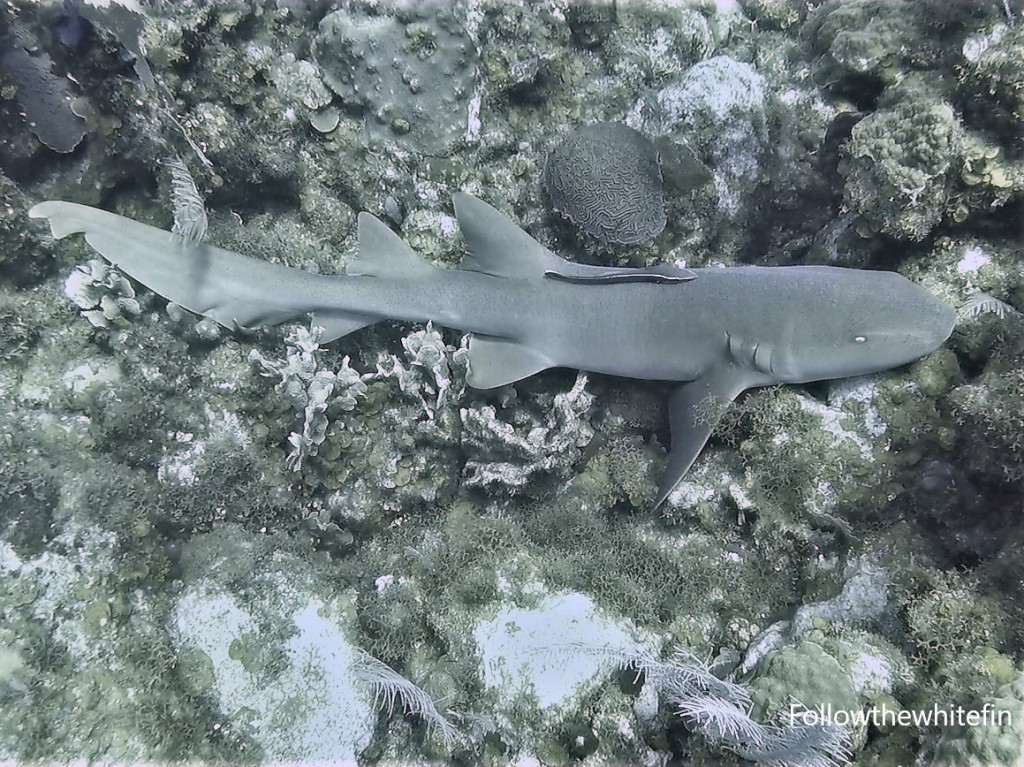
We also touched on the subject of trends, even within our line of work. 20 years ago, the job title ‘Ecologist’ was held at high esteem; now it’s ‘Conservationist’. I would class myself as a ‘Conservationist’ so this is not an attack on Conservationists, Ecologists or Environmentalists; they do a fantastic job and work exceptionally hard to protect and preserve. The issue is the title itself: ‘Conservationist’. We are at a point where conservation is too late – we are now in the period of recovery.
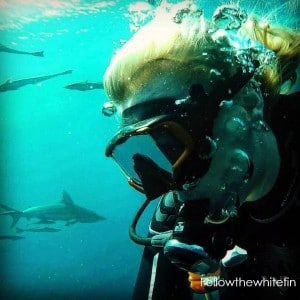 So much doom and gloom, but is there a solution? Whilst the current future for sharks is bleak (and evidently ours too), I believe there is also hope. Organisations like Shark Educational Institute (SEI) are using the tactic of education in the form of workshops to share vital information about the importance of sharks. These workshops are tailored and created to link in with their specific audience’s needs and in each specific environment. For example, educating fishermen as to why they should help look after sharks. First you need to listen to them and hear their problems instead of enforcing rules – think like them and then we can help them come up with a solution. They must want to care, not be forced. Also working in schools to educate the next generation has proven to have a huge impact in family dynamic and how they change their consumption choices to be more sustainable.
So much doom and gloom, but is there a solution? Whilst the current future for sharks is bleak (and evidently ours too), I believe there is also hope. Organisations like Shark Educational Institute (SEI) are using the tactic of education in the form of workshops to share vital information about the importance of sharks. These workshops are tailored and created to link in with their specific audience’s needs and in each specific environment. For example, educating fishermen as to why they should help look after sharks. First you need to listen to them and hear their problems instead of enforcing rules – think like them and then we can help them come up with a solution. They must want to care, not be forced. Also working in schools to educate the next generation has proven to have a huge impact in family dynamic and how they change their consumption choices to be more sustainable.
Governments and media also have an important role to play in the recovery of shark populations, but that is a whole other blog!
Overall people must want to care, and unfortunately to care it must affect them. Us shark lovers know and understand how vital sharks are, but this message needs to go further!
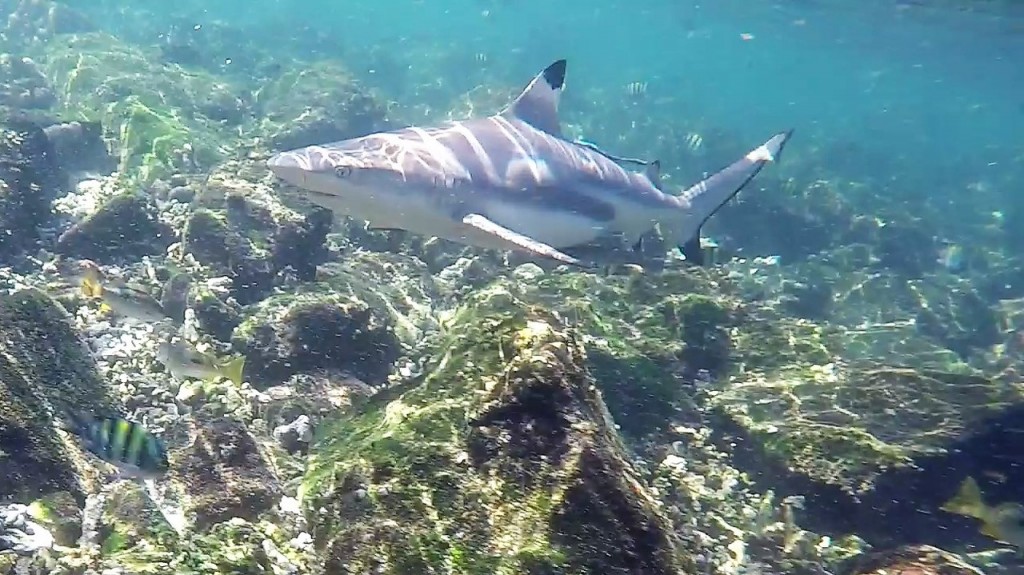
‘In the end we only conserve what we love,
we only love what we understand,
we will understand only what we are taught.’
– Mr. Baba Dioum
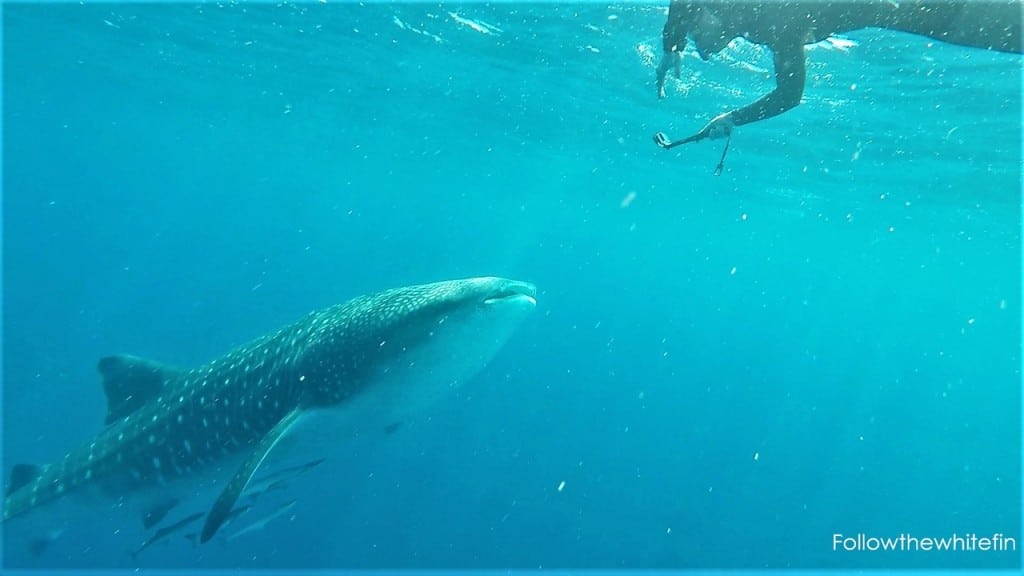
*References taken from:
www.seashepherd.org.au/apex-harmony/overview/shark-importance.html
http://eu.oceana.org/en/importance-sharks
Find out more about Kayleigh at www.followthewhitefin.com.
Blogs
Saba’s Plan for a Coral Comeback

Saba has an exciting new initiative to restore its coral reefs. This new project, running from 2024 to 2026, will focus on reviving key species in the island’s underwater ecosystems. With a collaborative team from the Saba Conservation Foundation (SCF) and Van Hall Larenstein (VHL) University of Applied Sciences, the project aims to restore both corals as well as sea urchins.
This initiative is centered around coral restoration, specifically reviving two essential coral species—staghorn coral (Acropora cervicornis) and elkhorn coral (Acropora palmata). By mapping parent colonies and using a technique known as coral gardening, SCF will create and maintain coral nurseries. These corals will eventually be outplanted at key reef sites around Saba to not only expand the number of coral colonies, but also provide essential fish habitat. The project focusses on installing coral nurseries, training staff with the newest techniques and starting with the restoration of key reef sites.

Reef Cleaners to the Rescue
It’s not just corals getting a makeover—this project also shines a spotlight on the essential role of grazers, particularly sea urchins. VHL is leading the charge on cultivating and restocking two key sea urchin species, West Indian sea egg (Tripneustes) and long-spined sea urchin (Diadema), known for their ability to keep algae in check. By removing algae, which are important competitors of corals, they help the coral to thrive. By restoring these “reef cleaners,” Saba’s project will give corals the breathing room they need to grow, setting the stage for a healthier, more balanced marine ecosystem.
From Tiny Urchins to Big Goals
The project will be funded as part of the Dutch Government’s Nature and Environment Policy Plan (NEPP) 2020-2030 for the Caribbean Netherlands, a comprehensive initiative aimed at conserving and restoring the unique natural environments of the Dutch Caribbean islands, including Saba, St. Eustatius, and Bonaire. This project is aiming for big milestones: build and maintaining coral nurseries, the expansion of urchin cultivation facilities, and the creation of a dedicated research center. By 2026, the project hopes to ramp up coral and grazer restoration, with the ultimate goal of extending these efforts across the Dutch Caribbean. By linking local initiatives to broader regional goals, Saba’s restoration project promises to leave a lasting impact on both the environment and the community.
Find out more about the DCNA at dcnanature.org.
Blogs
Reef-World marks two decades of marine conservation: strengthening impact amid coral reef threats

Empowering ocean stakeholders to tackle future challenges and ensure the survival of coral reefs and humanity
2024 marks the 20th Anniversary of The Reef-World Foundation’s tireless efforts for global coral reef conservation. The UK charity is the international coordinator of the UN Environment Programme’s Green Fins initiative, known as the leading voice in sustainable marine tourism. Today, Reef-World released its 2023-2024 Impact Report outlining a year of substantive growth and impact in its marine conservation programmes.

Impact Report Highlights:
- Impressive improvements in environmental behaviours to protect coral reefs by the marine tourism industry as the global participation of Green Fins increases.
- Continued capacity building for government and NGO staff to effectively manage marine tourism activities in Asia, Caribbean and Red Sea regions.
- For the first time in Green Fins’ 20-year history, tourism operators have achieved ‘Best Environmental Performer’ status by demonstrating the lowest possible environmental impact in their environmental assessments. In 2024, three dive operators achieved this challenging milestone.
- Significant increases in global participation of Reef-World’s innovative digital conservation tools.
- 138 Green Fins dive operator members achieved the strict threshold for PADI Eco Center recognition.
- Developed four new educational materials and translated two into 16 languages to support the marine tourism industry in achieving sustainability targets.
- Establishing a new Reef-World Development strategy and recruiting new roles – Development and Programmes Managers.
- Reef-World’s board welcomes new Chair and Trustees strengthening organisational leadership.

Reef-World started as a one-person mission to inspire and empower communities to act in conserving and sustainably developing coral reefs and related ecosystems. Today, the team of 12 continues to meet this mission by inspiring and empowering the global marine tourism community to be exemplary sustainability leaders by using the Green Fins guidelines and tools to simultaneously use and protect the world’s precious reefs.
In April 2024, the fourth global coral reef bleaching event was confirmed. Reef-World’s work has never been more urgent as the marine environment, and the benefits they provide humanity, continue to be eroded by global threats. The reduction of local threats, like those from the marine tourism industry, is an essential step to ensuring a future where coral reefs survive and continue to support the millions of people who depend on their ecosystem benefits. Reef-World’s work buys time for coral reefs and related ecosystems to be resilient to the impacts of global threats.
“Right now our corals are facing the greatest fight of their existence as the terrifying predictions of the steps towards their complete extinction are starting to come true. But all is not lost, reefs are resilient and they have existed on this planet for millions of years. We must take action now, to buy time for reefs by reducing threats facing them and allowing them to react and adjust to the changing environment they need to survive in.” – Chloe Harvey, Executive Director
Looking Forwards:
Like coral reefs, the Reef-World team needs to be resilient in the face of the complex challenges of the conservation sector. Reef-World has invested significantly in developing a Culture of Care to ensure the well-being of its team on a daily basis, continuing to be an exemplary employer to enable its team to best achieve the mission for coral reef conservation.
With the foundations of a Culture of Care and organisational development laid, Reef-World is emerging from the end of a natural organisation life cycle, that brings the challenges of growth and scale, stronger than ever. With a new strategy in place to generate much needed resources, Reef-World is excited for the opportunities to leap forward, continue to scale our impact and lean into new innovations and untapped opportunities for marine conservation.
We continually strive to become a forward-thinking organisation that delivers on our goals and commitments to our stakeholders with fresh approaches and not being afraid of steering away from a “normal approach.” This approach is not only applied to our programmes of work but also internally and carries over to our Culture of Care for our team.” — JJ Harvey, Operations Director

The Reef-World Foundation is immensely grateful for the continued support of its grant funders: UN Environment Programme, IUCN’s Blue Natural Capital Financing Facility, Adventure Travel Conservation Fund, PADI Aware Foundation, and World Nomads Footprints Program.
Reef-World would also like to express its gratitude to international partners whose vital support has resulted in significant tangible benefits for our work and mission: PADI; Professional SCUBA Schools International (PSS); Explorer Ventures; 1% for the Planet; ZuBlu; Snorkel Venture, GSTC; Dive O’Clock; Seven Dragons; DiveAssure and Eco Beach, without whom these achievements would not be possible.
The full 2023–2024 Annual Impact Report is available on Reef-World’s website.
-

 News1 month ago
News1 month agoIconic SS United States to become the World’s Largest Artificial Reef
-

 Blogs3 months ago
Blogs3 months agoNovoScuba’s Game-Changing Approach for Dive Store Owners: WE PAY YOU!
-

 News2 months ago
News2 months agoBook Review – 52 Assignments: Underwater Photography
-

 Gear News2 months ago
Gear News2 months agoDYNAMICNORD – New German diving brand enters the British market
-

 News2 months ago
News2 months agoExploring Cenote El Pit: A Diver’s Dream
-

 Gear News2 months ago
Gear News2 months agoTry BARE drysuits (and maybe even win one!) this Friday with Sea & Sea at North West Dive Fest
-

 News3 months ago
News3 months agoComing Soon – 52 Assignments
-

 News3 months ago
News3 months agoSave £200 per person per week at Pole Pole Lodge with Dive Worldwide













